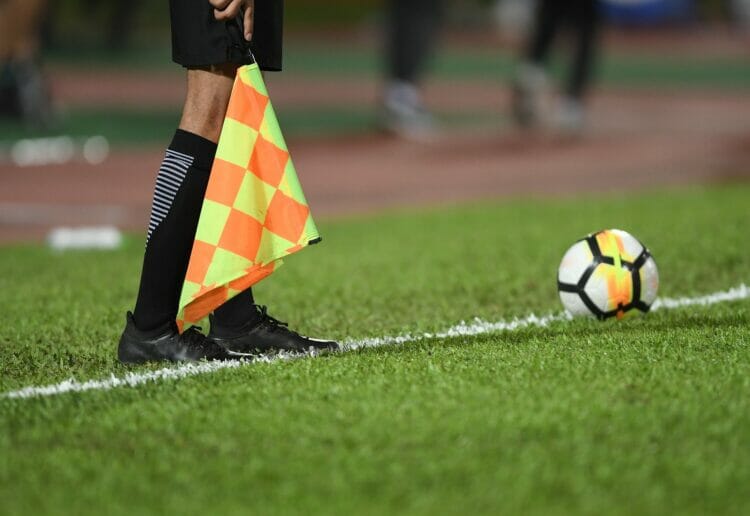FIFA has been criticised for holding the World Cup in Qatar, due to the various restrictions of its religion and its leaders.
FIFA however, is keen to promote football throughout the world. It wants football to remain attractive and regardless of age, gender, race, religion, culture, ethnicity, sextual orientation or disability. This is why they sometimes take the game to new areas or nations.
Referees can get involved in such disputes because they have to check players’ equipment, meaning clothing. I remember refereeing an English Schools girls Cup tie, where one team came from Slough, a town of many Muslims.
Three of their girls were wearing long trousers, whereas the Laws say it is compulsory for players to wear shorts. As their religion bans females showing so much flesh, the school provided trousers, which were the same colours as their other players shorts. Did I stop them playing? Of course not.
Iran might seem to be the last country to have a woman’s football team, but a few years ago they reached the final of the Olympic games. However FIFA intervened and stopped them taking part.
All the players wore trousers to play, but the problem was because they also wore hijabs, the Muslim headdress, when headgear was against the Laws. The explanation was that the hijabs were fixed to the upper garment and if someone was to pull it, the player could be strangled.
Thinking of the amount of pulling that goes on in football today, perhaps FIFA had a point. They took two years to sort this out and in 2016, the Law was changed so that head gear can be worn, as long as it isn’t attached to the shirt, or dangerous to the player or any other player.
On a different angle, a 15-year-old referee in Canada was stopped refereeing, because she wore a hijab, which was claimed to be against FIFA rules on advertising a religion.
This is a debatable interpretation of the Laws. The Laws allow some information on player’s shirts, player’s name and number, sponsors name etc. Other slogans and statements on arm bands or undergarments can be permitted, but must not reveal any political, religious, personal slogans, statements, or images, or advertising.
This includes any mention of local, regional, or national government or any organisation who aims/actions are likely to offend a notable number of people.
Referees must report any breaches of these Laws, and if any statements or images are offensive, insulting, or abusive, they must issue a yellow card.
By Dick Sawdon Smith























